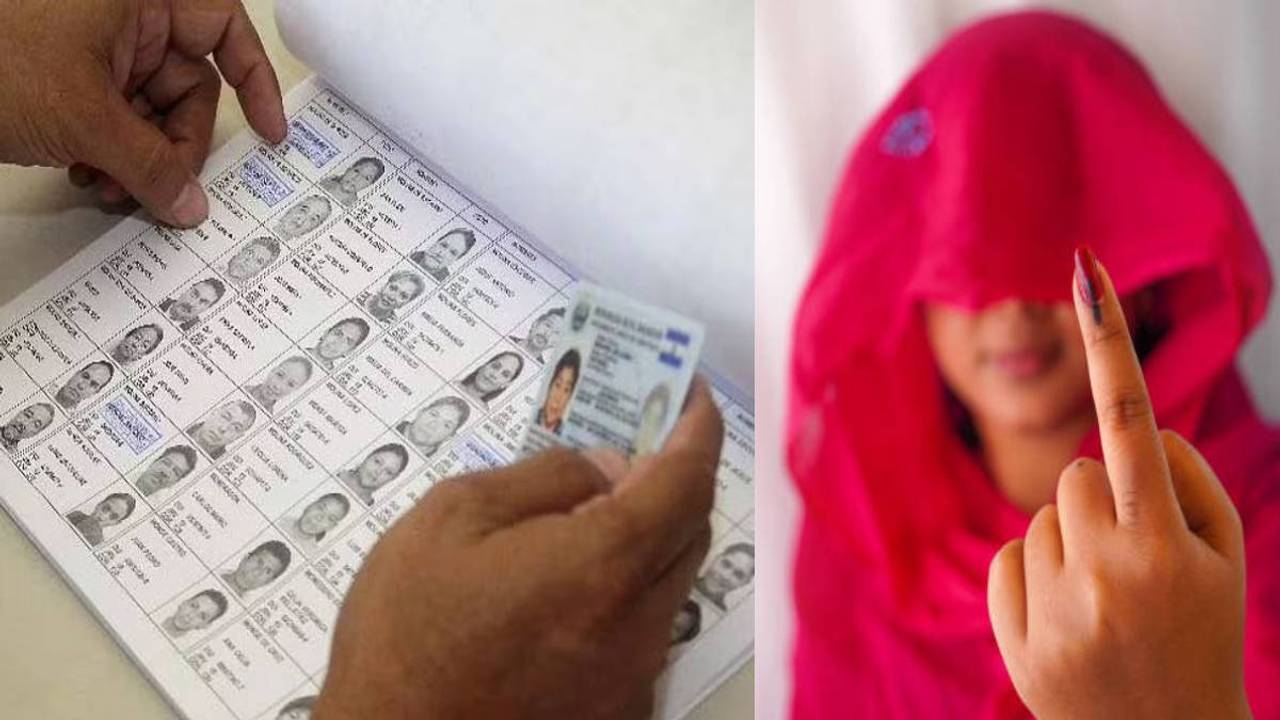The Supreme Court has ordered the Election Commission to publish names of 65 lakh voters removed in Bihar’s roll revision, ensuring public access online and offline so affected citizens can verify deletions and file claims before elections.
The Supreme Court on Thursday directed the Election Commission of India (ECI) to make public the names and details of around 65 lakh voters removed during the recent special intensive revision (SIR) of electoral rolls in poll-bound Bihar. The court asked the ECI to upload a booth-wise list of these voters on its website. The list will also be displayed on the notice boards of Booth Level Officers (BLOs), block development offices, and panchayat offices across the state.
The ECI informed the court that it has agreed to publish the list online and make it available at multiple physical locations. This move will allow citizens to check if their names have been deleted and, if so, file claims for correction.
The Supreme Court said that people’s rights should not depend on political parties, even though the ECI had already shared the lists with party representatives. “We don’t want rights of people to be dependent on political parties,” the bench said, while appreciating the poll body’s efforts to reach the grassroots level.
The court further directed that a public notice should accompany the list, mentioning that aggrieved persons can submit claims along with their Aadhaar card copy. The booth-wise list should also be displayed at District Election Officer offices and posted on their social media platforms.
Additionally, the court said the information must be widely publicised through newspaper advertisements, radio, television, and other media channels so that affected voters can take timely action before the upcoming elections.
EC vs Rahul Gandhi
The Election Commission of India has firmly rejected Leader of Opposition Rahul Gandhi’s allegations of ‘vote chori’ (vote theft), calling them an insult to Indian voters and election staff. The poll body said the repeated use of what it termed a ‘dirty phrase’ by Gandhi and other opposition leaders was an attempt to spread a false narrative and erode public trust in the democratic process. It stressed that India has upheld the ‘One Person, One Vote’ principle since the first general elections in 1951-52, with strict safeguards for the integrity of electoral rolls. The ECI added that claims of a person casting multiple votes must be backed by a sworn affidavit and not vague accusations branding voters as ‘chor’ without proof.
In a press conference on August 7, Rahul Gandhi had said, “Our internal polling predicted 16 Lok Sabha seats for Congress in Karnataka; we won nine. In Mahadevapura alone, we found 100,250 votes stolen in five different ways.”
